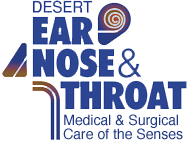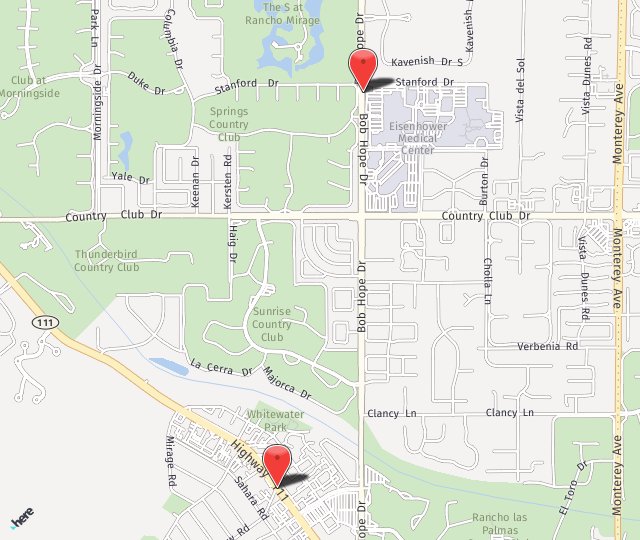Hearing Evaluation
If you suffer from hearing loss or other hearing and balance related conditions, you may benefit from an audiologic evaluation. These comprehensive diagnostic exams can determine the cause, severity and best treatment option for these conditions in adults, children and infants.
Some of the common types of audiologic tests for older adults and children include:
Diagnostic Audiogram – An audiogram uses sounds of specific frequencies and intensity levels to determine what a person can hear in each ear. The sounds are heard through headphones and the patient is asked to identify each time they hear a sound and in which ear. The sounds intensity will become lower and lower to determine the level at which a patient can barely hear. An audiogram may also include speech in the form of two-syllable words to determine how well a patient can comprehend what is being heard. Normal results allow for a patient to hear a normal speaking voice, whisper and ticking of a watch.
Play Audiometry – Play audiometry is a modified version of the diagnostic audiogram, sometimes chosen instead when working with preschool and school age children. The sounds are heard through headphones, but rather than raising a hand to indicate hearing a sound, the child places a toy in a container.
Tympanometry – Tympanometry examines and diagnoses the middle ear by varying air pressure in the ear canal to see how the ear responds. A probe is inserted into the ear to change the air pressure, produce a tone and then measure the responses. The patient may not speak, move or swallow during the test because these actions can affect the ear pressure. Tympanometry measures the functionality of the eardrum or tympanic membrane. Abnormal results may be the result of fluid in the middle ear, perforated eardrum or impacted ear wax.
Newborn Hearing Screening
Newborn hearing screening is a noninvasive exam used to detect hearing loss in infants. Three out of every 1000 newborns are born with permanent hearing loss, and many of them have no risk factors for the condition. Newborn hearing loss can greatly affect the development of speech and language, as these skills are acquired during the first two years of life by listening to the familiar sounds and voices of their home and family. By identifying hearing loss early, special care can be provided to help your child develop normal language skills during the critical first two years of life.
There are two types of screening tests typically performed to assess newborn hearing, both of which are conducted while your baby is quiet and sleeping. These tests may be performed separately or together, and will not harm your baby in any way. These tests screen for mild or greater hearing loss, but cannot diagnose the cause of hearing loss. Most hearing screenings are performed before babies leave the hospital or within the next few weeks.
The evaluations usually used for newborns are:
Otoacoustic Emissions (OAE) Testing – OAEs are very soft acoustic responses to stimuli from the outer hair cells in the cochlea. The test is performed by inserting a microphone and two speakers into the ear to emit a sound and then record the response signal. Absent or very soft response signals could be the result of hearing loss, fluid behind the ears or damage to the cochlea.
Brainstem Auditory Evoked Response Test (BAER) – Also known as the Auditory Brainstem Response (ABR), the BAER examines brain waves that are stimulated by a clicking sound to evaluate the auditory pathways in the brain. Electrodes are placed on the scalp and earlobes and the patient listens to a clicking noise through headphones. The electrodes record the brain’s reaction.
If the results of a hearing screening are abnormal, additional testing may be performed. The abnormal results can also be caused by a middle ear infection or blocked ear canal, so it is important to determine the true cause through an audiologic evaluation or other testing procedures. If hearing loss is diagnosed, hearing aids and therapy may be prescribed to help your baby develop normal communication, listening and speaking skills.


